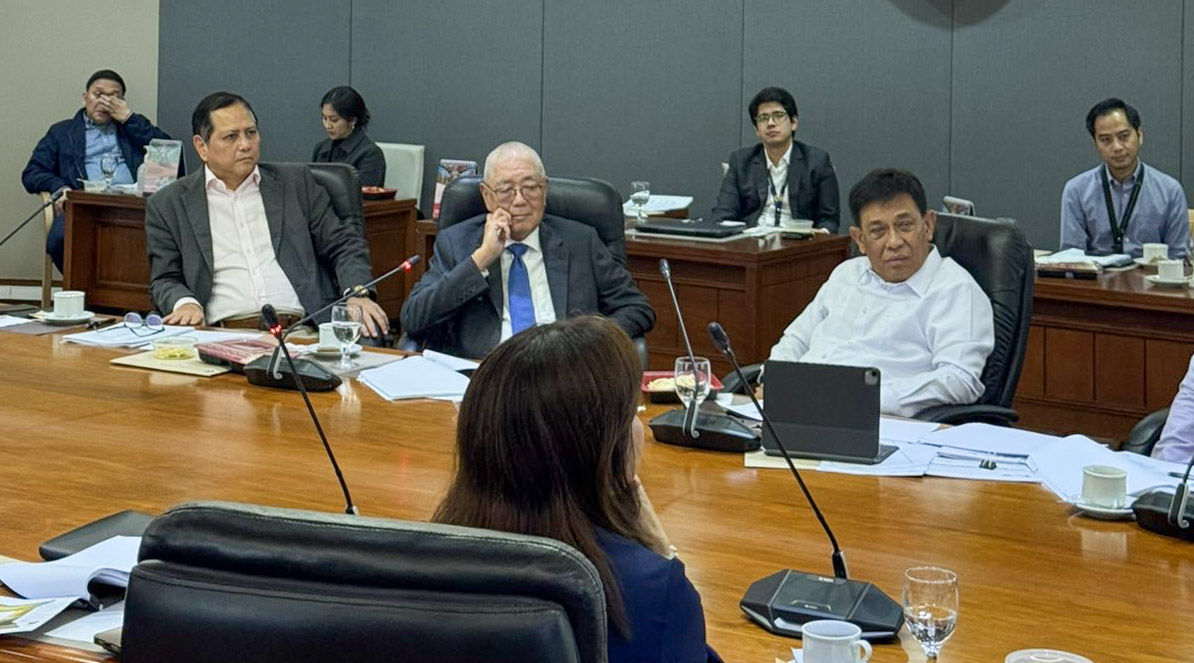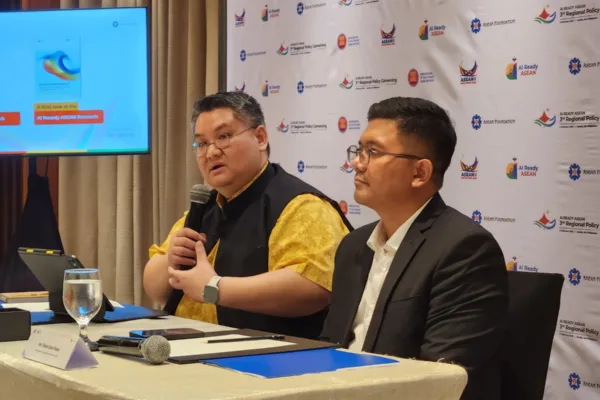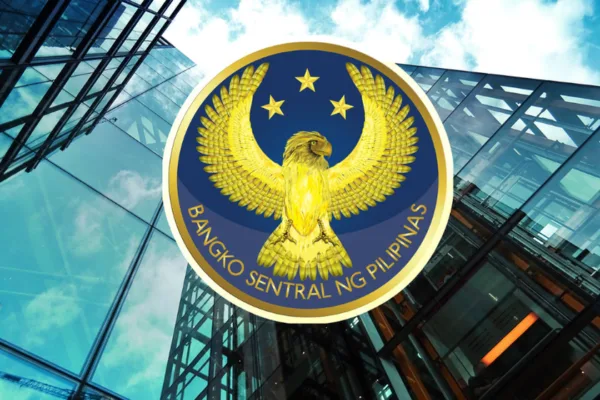In a period marked by dynamic global and local economic shifts, the Financial Stability Coordination Council (FSCC) has reiterated its steadfast commitment to safeguarding the Philippines’ financial system.
The Council’s latest quarterly meeting saw a strategic review of the nation’s financial resilience and warmly welcomed a new face to its ranks: Atty. Francis E. Lim, the newly appointed Chairman of the Securities and Exchange Commission (SEC), whose extensive expertise in capital markets and regulation is expected to be a significant asset.
FSCC: Fortifying financial system against global and local pressures

BSP Governor and FSCC Chairman Eli M. Remolona, Jr. (second from left) with fellow FSCC Executive Committee members PDIC President Roberto B. Tan (left), and SEC Chairperson Atty. Francis Edralin Lim (right), during the 41st Executive Committee Meeting held at the BSP office recently.
Convening at the Bangko Sentral ng Pilipinas (BSP) last June 20, 2025, for its 41st Executive Committee Meeting, the FSCC, under the leadership of BSP Governor and FSCC Chairman Eli M. Remolona, Jr., delved into ongoing efforts to fortify the country’s financial stability.
Discussions centered on continuous risk monitoring and the implementation of crucial policy initiatives, including proposed reforms aimed at strengthening the deposit insurance system.
The Council’s vigilance is particularly sharp as it assesses potential vulnerabilities stemming from a complex interplay of global financial conditions, geopolitical tensions, and domestic liquidity shifts.
These external and internal pressures could ripple through the economy, potentially impacting asset valuations, debt servicing capabilities, market volatility, and international trade. Despite these concerns, the FSCC noted a reassuring indicator: Philippine banks remain robustly capitalized and maintain ample liquidity buffers, providing a strong first line of defense against potential shocks.
“The FSCC remains committed to inter-agency coordination, data-driven risk monitoring, and deploying needed measures to preserve market confidence and financial system stability,” affirmed Chairman Remolona. This statement underscores the Council’s proactive and collaborative approach to an increasingly complex financial landscape.
To sharpen its foresight, the FSCC is continuously refining its analytical tools, enabling a more comprehensive oversight of systemic risks across various sectors and timeframes. The need for timely and adaptive policies in this rapidly evolving environment was a recurring theme.
FSCC’s proactive risk surveillance and collaborative governance

FSCC members during the 41st Financial Stability Coordination Council (FSCC) Executive Committee Meeting recently held at the BSP office.
A key part of this forward-looking surveillance involves the “Survey of Salient Risks.” This vital initiative aims to gather institutional perspectives on key vulnerabilities that could impact the Philippine financial system in the near term.
Among the top concerns identified were market volatility, policy uncertainty, geopolitical risks, and the ever-present challenge of technological disruptions. The Council also meticulously reviewed mitigating measures designed to monitor and address these identified risks effectively.
The FSCC, comprising key financial regulators including the BSP, Department of Finance (DOF), Insurance Commission (IC), Philippine Deposit Insurance Corporation (PDIC), and the SEC, exemplifies inter-agency cooperation.
This collective body plays a crucial role in coordinating efforts to monitor and manage systemic risks, ensuring the overall health and stability of the Philippine financial system. The inclusion of Atty. Lim, whose background aligns perfectly with the current challenges facing capital markets, is a testament to the Council’s adaptive nature and its commitment to integrating diverse expertise.
With global economic currents constantly shifting, and the domestic economy undergoing significant digital transformation, the FSCC’s unwavering commitment to vigilance, enhanced analytical capabilities, and seamless inter-agency coordination stands as a cornerstone for maintaining market confidence and safeguarding the financial well-being of the nation.
The ongoing efforts reflect a strategic and robust response to the complexities of modern finance, ensuring the Philippines remains resilient in the face of unforeseen challenges.








